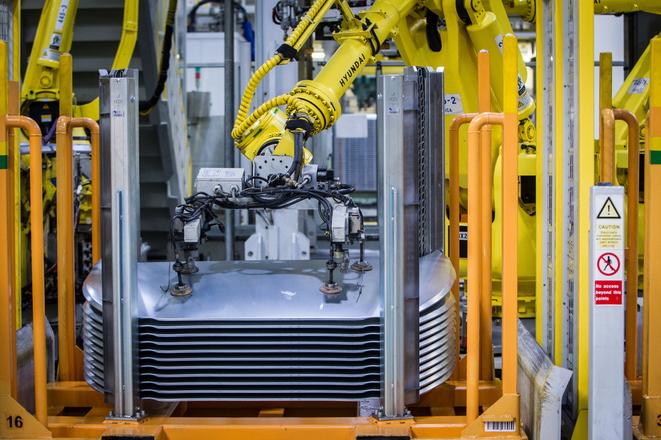As much as 70 percent of jobs in Slovakia are in jeopardy as a result of ongoing technological progress, warned the Organisation for Economic Cooperation and Development (OECD).
"These are the highest figures within the OECD regarding vulnerability against technological changes," said OECD Secretary-General José Ángel Gurría during his recent visit to Slovakia, as quoted by the TASR newswire.
The Slovak economy concentrates on products with a low-added value, car manufacturing and production of electronics, which are all exposed to and vulnerable to external factors.
The biggest issue in Slovakia is computer illiteracy and the lack of workers qualified in IT, according to OECD.
"The Slovak labour force is insufficiently prepared for digital transformation," claimed Gurría, as quoted by TASR.
Education reform
To continue its development, Slovakia will have to reform its education system, including higher quality of university lecturers.
"The government is now focusing on paying teachers better," said Gurría, as quoted by TASR. "The question is whether the teachers bring better quality to the education process."
He went on to criticise Slovakia for spending only 2.3 percent on science and research, which is less than 1 percent of the country's GDP. He gave Sweden, which invests 4 percent of its GDP on research, as an example.
Car industry as a trap
"If we do not want the automotive industry to be a trap in our future, we must try to do things the best we can," said Finance Minister Peter Kažimír (Smer), as quoted by TASR.
The government realises Slovakia is dependent on the car industry. It is important to transfer the knowledge and technologies in the car industry to Slovakia and ensure that the level of education will go up to attract research in innovation centres, he added.
Gurría claimed that Slovakia has experienced 25 years of success.
"However, it is necessary to ask now whether it is not the right time to think about the fact that the model has reached a certain maximum and may continue to decline," he added, as quoted by TASR.




